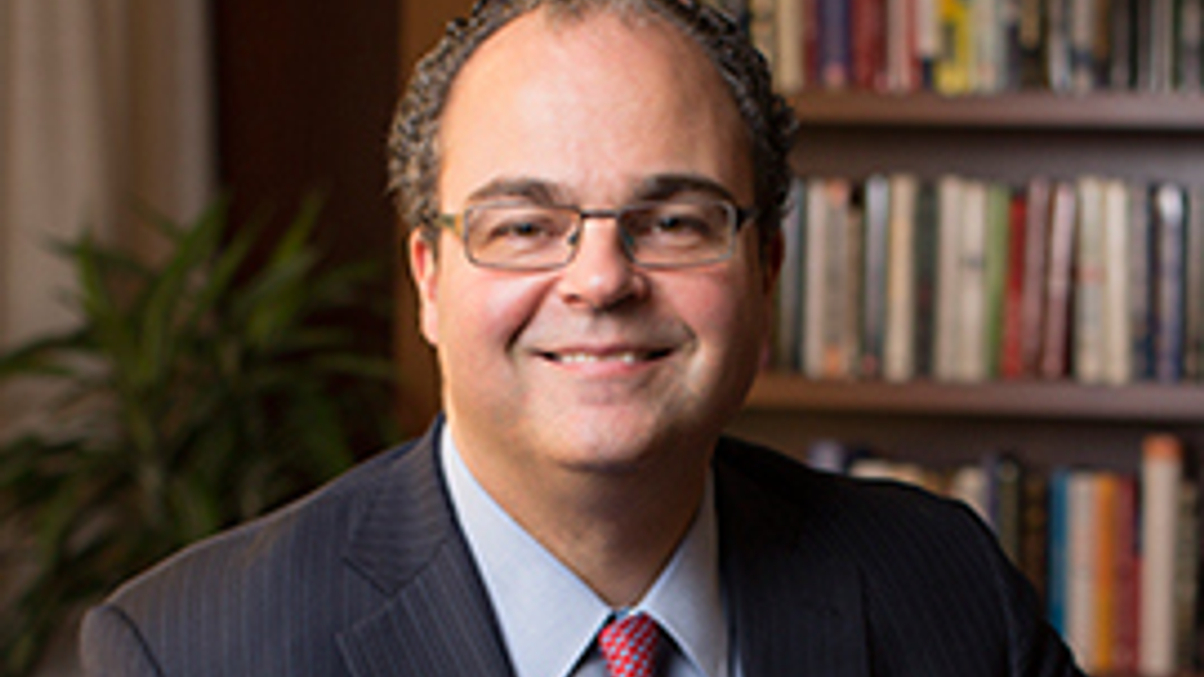AQR opens in Asia, eyes China and Japan
Having opened an office in Hong Kong last week, US quant fund manager AQR is targeting China and Japan above all and mulling how to expand its onshore business in the former.

US-based AQR Capital Management, which has just opened a sales office in Hong Kong, plans to target China and Japan above all, and is considering whether and how to build an onshore presence in the former country.
Sign in to read on!
Registered users get 2 free articles in 30 days.
Subscribers have full unlimited access to AsianInvestor
Not signed up? New users get 2 free articles per month, plus a 7-day unlimited free trial.
¬ Haymarket Media Limited. All rights reserved.


